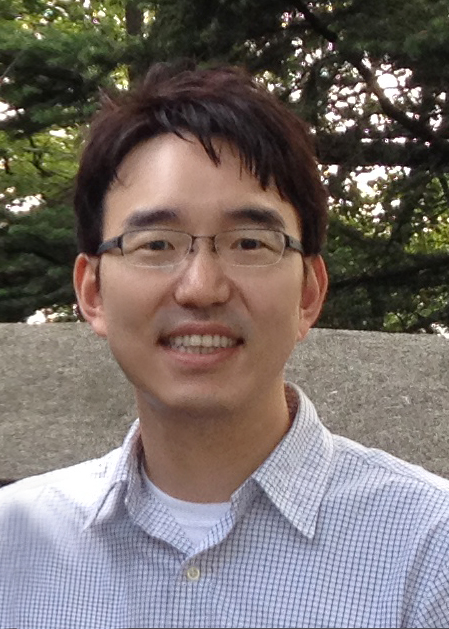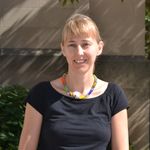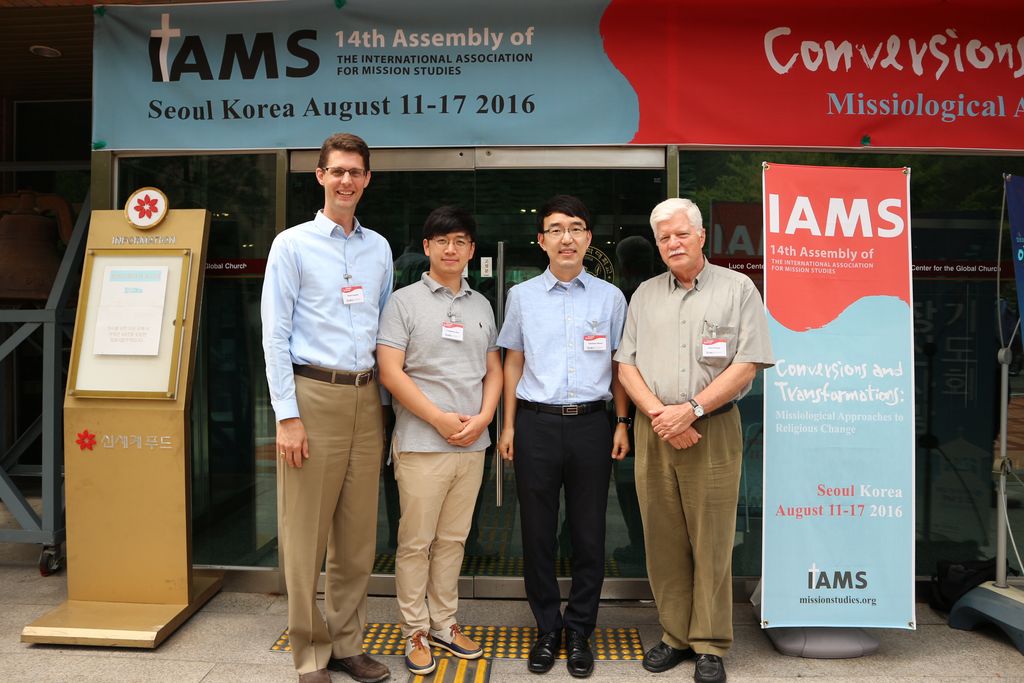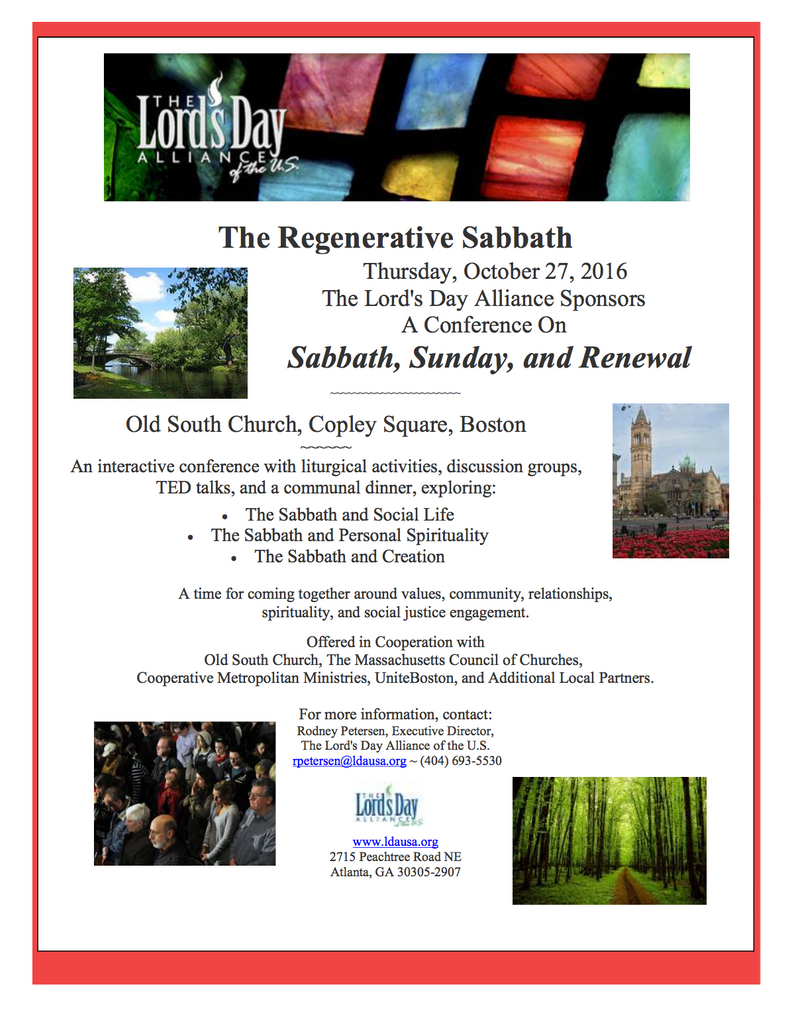News of the extended network of faculty, alumni, students, visiting researchers, and mission partners is regularly updated, and some of the big ideas or major events in Global Christianity are covered in the CGCM News.
Mission and Transnational Adoption
 Soojin Chung, CGCM student affiliate, recently published an article “Transnational Adoption: A Noble Cause? Female Missionaries as Pioneers of Transnational Adoption, 1945-1965” in Evangelical Missions Quarterly (October 2016). This article reviews biblical and theological grounds for international adoption, followed by a case study of two prominent female missionaries who spearheaded the transnational adoption movement in Korea. In examining these two figures, the author argues that the historical context in which adoption was born was vastly different from the contemporary evangelical adoption boom, which is parent-focused rather than child-centered. The article can be found here.
Soojin Chung, CGCM student affiliate, recently published an article “Transnational Adoption: A Noble Cause? Female Missionaries as Pioneers of Transnational Adoption, 1945-1965” in Evangelical Missions Quarterly (October 2016). This article reviews biblical and theological grounds for international adoption, followed by a case study of two prominent female missionaries who spearheaded the transnational adoption movement in Korea. In examining these two figures, the author argues that the historical context in which adoption was born was vastly different from the contemporary evangelical adoption boom, which is parent-focused rather than child-centered. The article can be found here.
ASM Graduate Student Paper Award
The deadline for submission is September 1, 2017. Submitted paper should be sent to arun.w.jone@emory.edu and participants should expect an email reply confirming their submission. The prize will be awarded at the 2018 annual meeting and it is anticipated that the recipient be present to receive the award at this time.
Conversions and Transformations: The 14th Meeting of the International Association for Mission Studies
Mission Studies revolves around change. Conversion animates the entire field: religious, institutional, and cultural transformations are the object and, sometimes, the objective of missiological studies. For that reason, Mika Vähäkangas observed that it was odd that the International Association for Mission Studies had waited until its 14th Quadrennial meeting before it finally addressed the issue of “Conversions and Transformations.” In his opening remarks of August 11, 2016 in Seoul, Korea, the IAMS President wondered aloud, “Was conversion too close and therefore too controversial a subject to raise at an earlier date?”
The week-long conference was an extended answer to his question, showcasing through plenary sessions and study groups that conversion is a challenging topic. Scholars from Oceania, Asia, Europe, Africa, South America, and North America presented papers that collectively demonstrated that conversions and transformations look different, depending on the time and place. There is no normative conversion, even if conversion is the norm.
Boston University had solid representation at the meeting. Daryl Ireland (’15), Younghwa Kim (’16), Daewon Moon (current student), and Titus Presler (’94) all attended, three of whom presented papers on the theme.
East African Revival
 Daewon Moon, PhD candidate and CGCM student affiliate, was recently awarded a research grant from the Historical Society of the Episcopal Church for his dissertation research on the East African Revival in the 1930s and 1940s. Through his project, Daewon seeks to examine how indigenous movements like the Revival in the Anglican Church of Uganda contributed to creating the Anglican Communion as a global community with a common faith. The grant will support his research trip to Uganda in October to consult primary sources at Makerere University in Kampala and Uganda Christian University (formerly Bishop Tucker Theological College) in Mukono.
Daewon Moon, PhD candidate and CGCM student affiliate, was recently awarded a research grant from the Historical Society of the Episcopal Church for his dissertation research on the East African Revival in the 1930s and 1940s. Through his project, Daewon seeks to examine how indigenous movements like the Revival in the Anglican Church of Uganda contributed to creating the Anglican Communion as a global community with a common faith. The grant will support his research trip to Uganda in October to consult primary sources at Makerere University in Kampala and Uganda Christian University (formerly Bishop Tucker Theological College) in Mukono.
Managing Difficult Conversations- Race, Ethnicity, and Religion
University of Massachusetts-Boston is offering a free workshop on managing difficult conversations around identity issues of race, religion, and ethnicity on campuses and communities. The workshop is on October 22, 2016 at the U Mass Boston Campus Center. More information on the event can be found here.
Sabbath, Sunday, and Renewal
Chinese Buddhist Charity
Migration, Exile, and Pilgrimage in Missions
“Migration, Exile, and Pilgrimage in the History of Missions and World Christianity”
Yale-Edinburgh Conference will be held from June 29-July 1, 2017 at Yale Divinity School. Our theme for 2017 brings together three themes that are deeply rooted in Christian tradition but whose inter-relationship is perhaps insufficiently studied. Migration on a large scale is an inescapable feature of the modern world, and its implications for Christian mission have been the subject of a number of recent conferences and publications. In our conference, however, we are inviting treatment of the theme from the perspective of the history of missions and world Christianity in all periods. The transatlantic slave trade was the largest enforced migration in human history, and its multiple and enduring implications for the growth and texture of Christianity on both sides of the Atlantic still invite further exploration. The nineteenth century saw sizeable flows of European settlers to North America, Australasia, and southern Africa, some of whom saw their relocation in missionary terms, though many more created missionary problems of their own through their estrangement from organized religion and encounters with indigenous peoples. The twentieth century (as is now the twenty-first) was marked by the flight of refugees from civil and global wars, ethnic cleansing, and famine. The way in which mission and ecumenical agencies have responded to such refugee crises has been a crucial stimulus prompting re-evaluation of the nature and goals of Christian mission. Other patterns of mass migration have brought Caribbean, Latin American, Chinese, Korean and African forms of Christianity into northern-hemisphere cities, often inspiring new missionary vision and strategies.
The twin themes of exile and return are central to the narrative of the Hebrew Bible, and Christian experience of exile in the light of the biblical record has been a repeated source of new mission initiatives throughout history. The Moravians, perhaps the most important source and prototype of Protestant missions, discovered their missionary vocation through their own disruptive experience of exile from the Habsburg lands. The theme of ‘return’ is never far from the surface of analyses of migration, and we can expect fresh perspectives on such familiar nineteenth-century topics as the mission initiatives in West Africa of Sierra Leone re-captives or the vision of African American Christians to bring the gospel back to Africa. In the twentieth century, exiles from the Russian Revolution of 1917 played a strategic missionary role by disseminating the Orthodox tradition and its spirituality in the West. Christians fleeing from the Middle East have more recently fulfilled a similar role for the Oriental Orthodox churches. Exiles from North Korea to the South were also key actors in the shaping of modern Korean Protestantism and its mission strategies towards the North.
The relationship of pilgrimage and mission for both individuals and communities will also repay scrutiny. Retreats, pilgrimages, and visits to holy sites associated with the saints have been central to mission history, especially in the early Middle Ages. Though the motif is rather less apparent in Protestant tradition, Bunyan’s The Pilgrim’s Progress has played a role in missionary translation and publication second only to the Scriptures. The strand re-emerges in African Initiated Churches, in the form of pilgrimages to a Mount Zion or New Jerusalem such as Kimbangu’s Nkamba. Chinese and Japanese Christianity have produced their own ‘Back to Jerusalem’ movements.
The interdisciplinary nature of our subject this year makes the theme a potentially fruitful line of inquiry for historians, but also for theologians, scholars of religion, and social scientists. We look forward to a richly creative meeting.
Andrew Walls, Lamin Sanneh, and Brian Stanley, September 2016.
Mission as boundary-crossing global ecclesiology
 Anika Fast, CGCM student affiliate, recently published an article "The Earth is the Lord’s: Anabaptist mission as boundary-crossing global ecclesiology" in Mennonite Quarterly Review (July 2016). This essay reviews three strands of thinking – representatives of an older generation of North American Mennonite mission scholars and historians, younger voices speaking largely from within a Mennonite World Conference context, and a variety of thinkers from the Global South – to argue that all are converging to reaffirm a believers church perspective on mission in which ecclesiology and missiology are essentially connected. At a time when some North American Mennonites are questioning the legacy of mission, the author argues that it is time to move past a polarized debate, in which one is either “for” or “against” mission, to understand Mennonites’ historical involvement in mission as part of a larger story of working toward deepening relationships in the world church.
Anika Fast, CGCM student affiliate, recently published an article "The Earth is the Lord’s: Anabaptist mission as boundary-crossing global ecclesiology" in Mennonite Quarterly Review (July 2016). This essay reviews three strands of thinking – representatives of an older generation of North American Mennonite mission scholars and historians, younger voices speaking largely from within a Mennonite World Conference context, and a variety of thinkers from the Global South – to argue that all are converging to reaffirm a believers church perspective on mission in which ecclesiology and missiology are essentially connected. At a time when some North American Mennonites are questioning the legacy of mission, the author argues that it is time to move past a polarized debate, in which one is either “for” or “against” mission, to understand Mennonites’ historical involvement in mission as part of a larger story of working toward deepening relationships in the world church.




